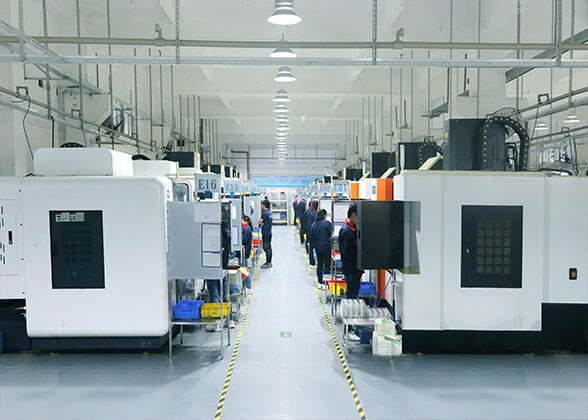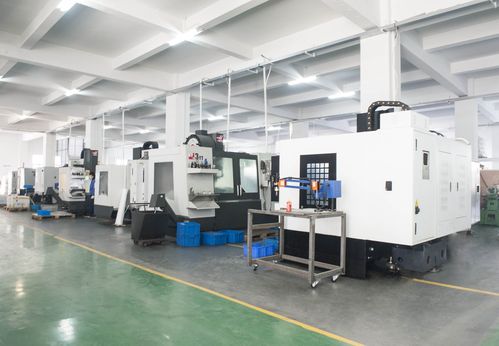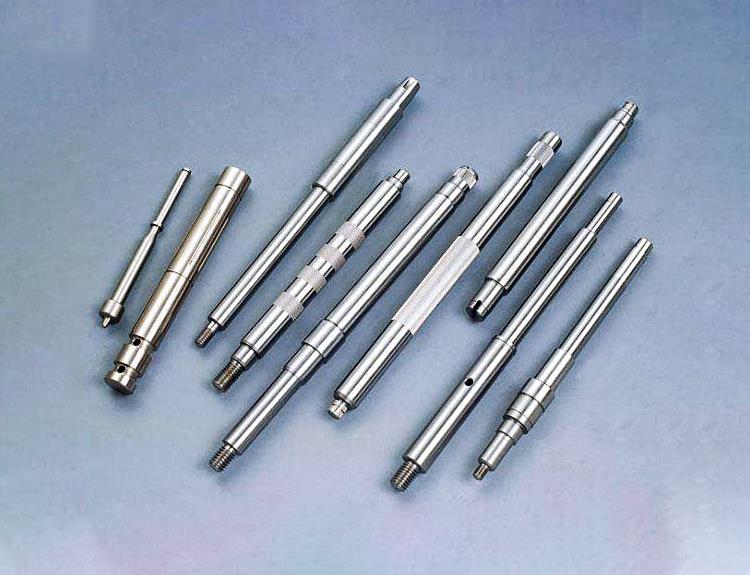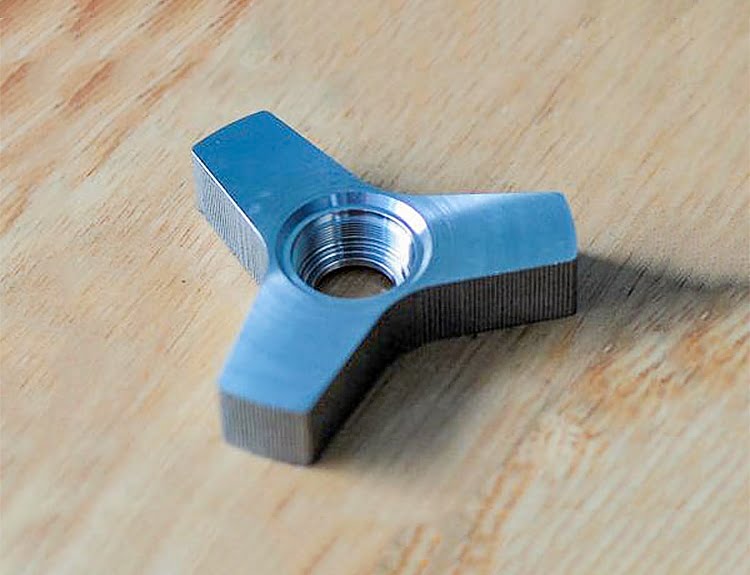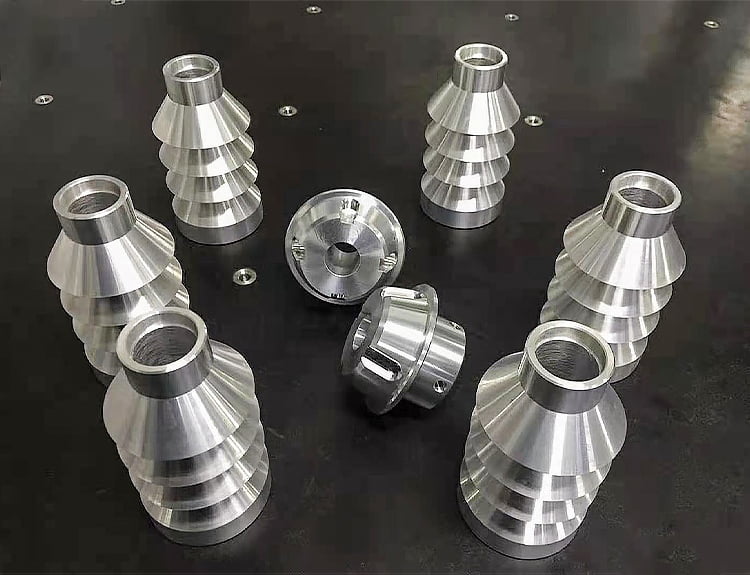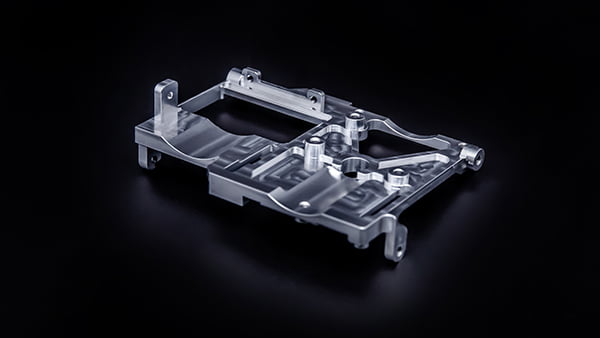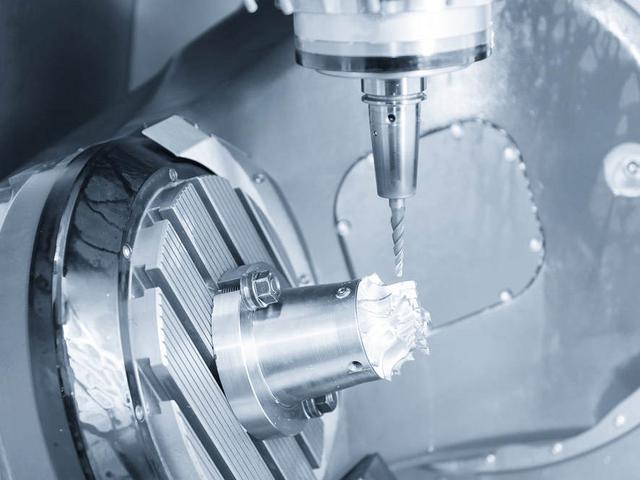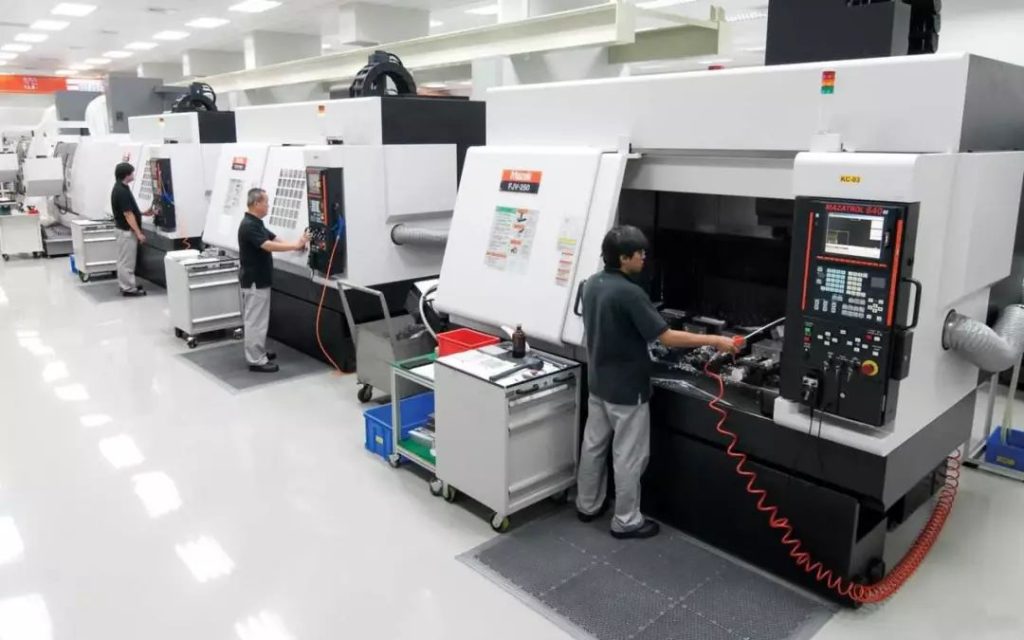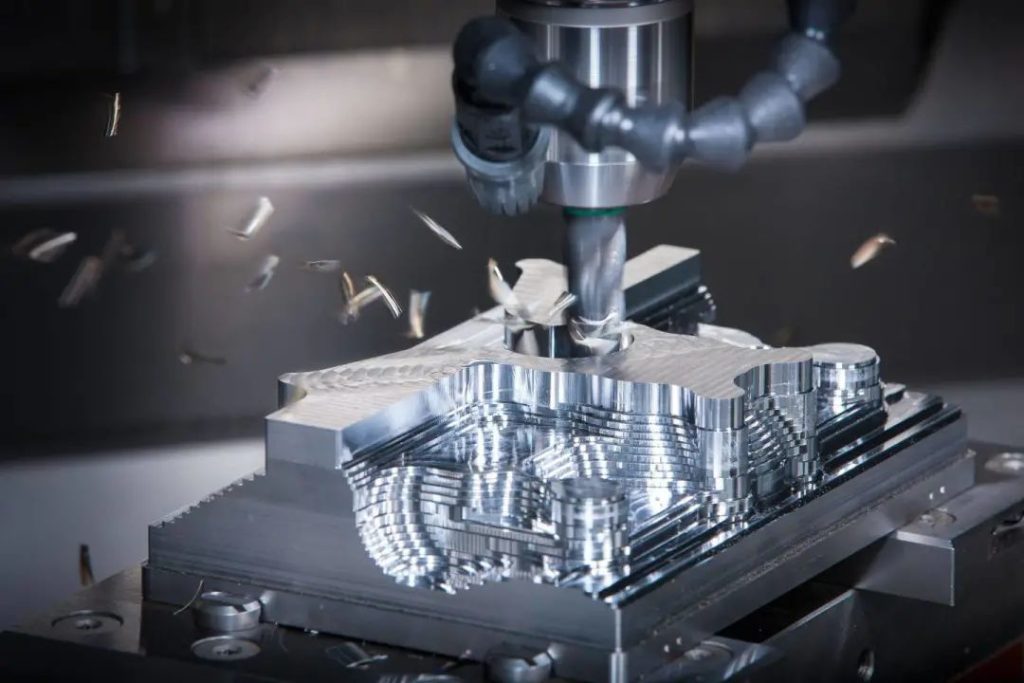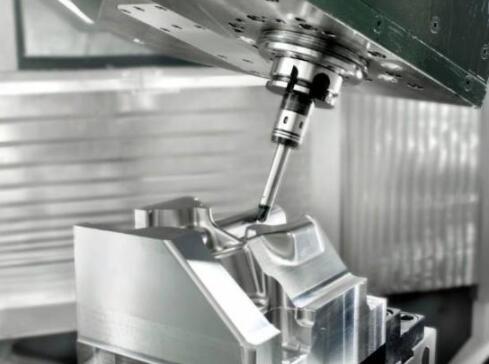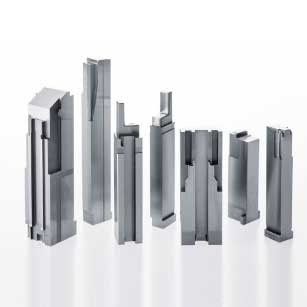CNC precision machining brings many benefits to almost all industries. It has even completely changed the way they approach their respective fields. From automation to aviation to manufacturing.
One of the most important industries to benefit from precision machining is the medical industry. Many of the medical products we use today would not be possible without precision machining.
Here, we examine how precision machining affects the current and future state of medical progress.
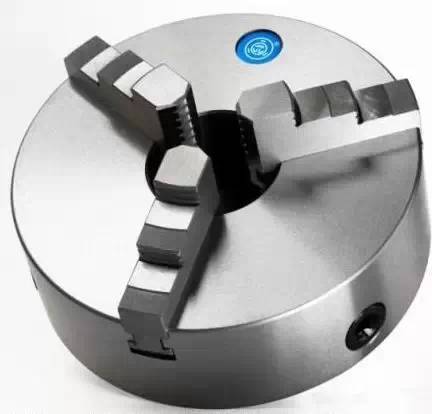
Machining to the strictest tolerances
Safety, precision and accuracy are what the medical industry needs most. Precision machining helps create accurate dimensions for surgical tools that fit the surgeon's hand, resulting in more accurate results.
Machining is also used to make complex parts for lasers or robots for operations that were not possible a few years ago. Machining will help create more discoveries and innovations that will advance medicine.
These tools require very small and precise parts and tips to implement functional parts that can only be created with CNC and EDM machining tools.
Because these tools are used in the most delicate surgeries, even the smallest deviation can have catastrophic consequences.
This is where precision machining comes in. It helps to create not only precise, precision and precision tools to achieve safety and reliability.
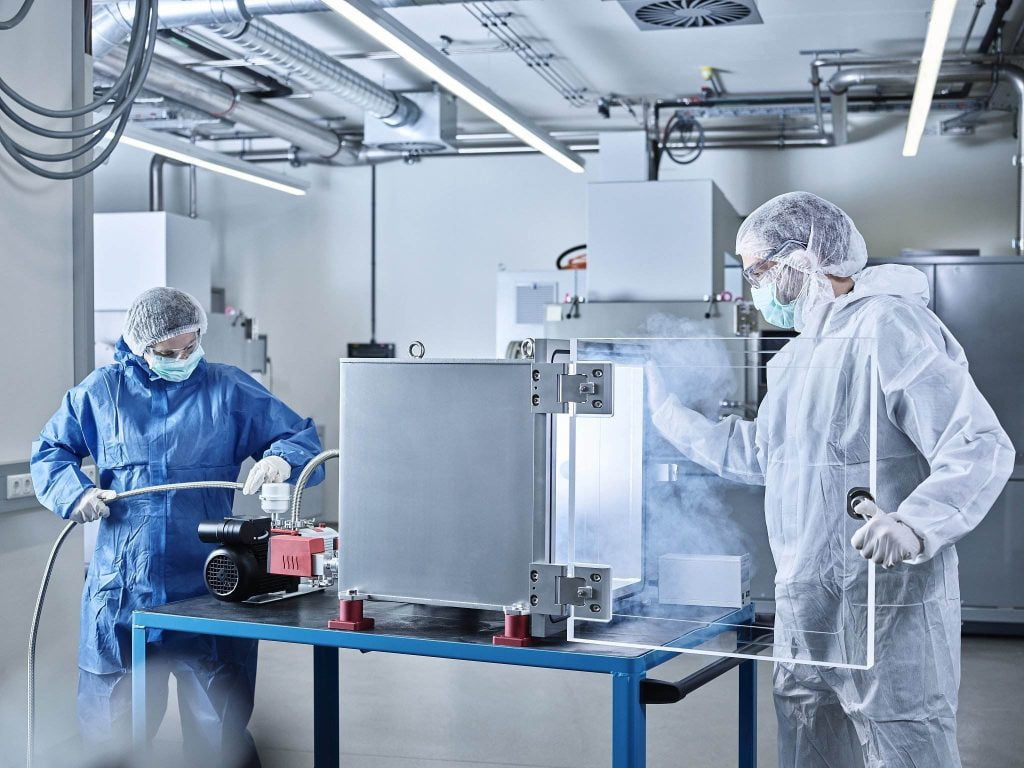
A wide selection of complex materials
Materials used in medical facilities need to meet the requirements of durability, safety, non-responsiveness to the human body and disinfecting ability. For example, joint replacement parts are often made of medical stainless steel or titanium for unmatched strength, elasticity and function.
Precision machining makes these materials into complex shapes and sizes for use in specific medical fields. Some of these parts are already embedded in the patient, so they need to meet strict tolerances and have very smooth surfaces to eliminate burrs or streaks.
CNC and EDM precision machining are well suited for manufacturing these precision parts. Even the hardest materials can be used and turned into smooth parts.
This machining method ensures that all parts are identical and assembled in the correct manner for optimal performance.
Miniaturization for comfort and safety.
Why do certain medical tools or materials need to be miniaturized?
Because only then can they provide comfort and safety. Take insulin pumps, heart monitors and defibrillators.
Thanks to precision machining, these designs have now been miniaturized, with smaller, more precise components. These implants can now be implanted in the body, allowing these people to lead relatively normal lives and enjoy freedom and freedom of movement.
Only through precision machining can these medical tools be precisely designed and manufactured. Once the design goes into computer control, the parts are processed immediately for smaller or larger runs.
To sum up, there is no doubt that this technology has made a great contribution to the medical industry.
Custom equipment
Precision machining also allows for the custom design of certain medical devices to achieve a more precise and personalized fit. This is especially important for artificial devices that need to precisely adapt and meet people's needs.
Precision machining is unique in that it can meet this need. Custom parts are simple and cost effective with CNC machining. By entering the design into computer control, parts can be machined quickly and accurately.
Precision machining has promoted the development of the medical industry and, in the long run, is an indispensable part.


